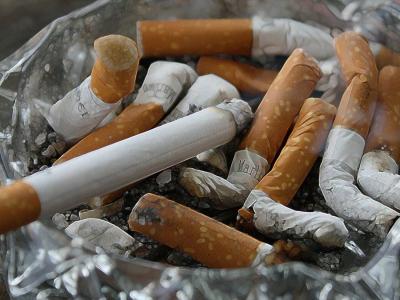It may not occur to one that used cigarette butts contain an important compound for the environment that helps in producing sustainable fuel, but this is what scientists have recently revealed. In a move aimed at significantly reducing production costs and environmental impact, scientists disclosed a clever method to repurpose cigarette waste for producing biodiesel. Amid increasing environmental concerns and the search for cleaner alternatives to fossil fuels, biodiesel has emerged as a promising solution, according to Interesting Engineering.
Biodiesel, derived from vegetable oils or animal fats, is biodegradable, breaking down up to four times faster than petroleum diesel and providing a non-toxic alternative. However, the high cost of biodiesel production and potential pollution from biomass sources have hindered its widespread use. To tackle these challenges, researchers at Kaunas University of Technology (KTU) found a new solution by integrating a recycled byproduct of cigarette waste into the production process.
Sami Youssef, the lead researcher at the Faculty of Mechanical Engineering and Design at KTU, explains that "Triacetin, a key compound used in biodiesel production, is abundant in cigarette filters." The scientists successfully extracted valuable components from cigarette waste through a series of experiments using pyrolysis, a thermal decomposition process. This process, conducted at varying temperatures, yielded oil and gas from the waste, with a significantly rich content of Triacetin, which can be combined as an additive in biodiesel production, potentially reducing production costs and enhancing efficiency. This innovative approach addresses the environmental impact of cigarette waste and harnesses its components for practical applications.




